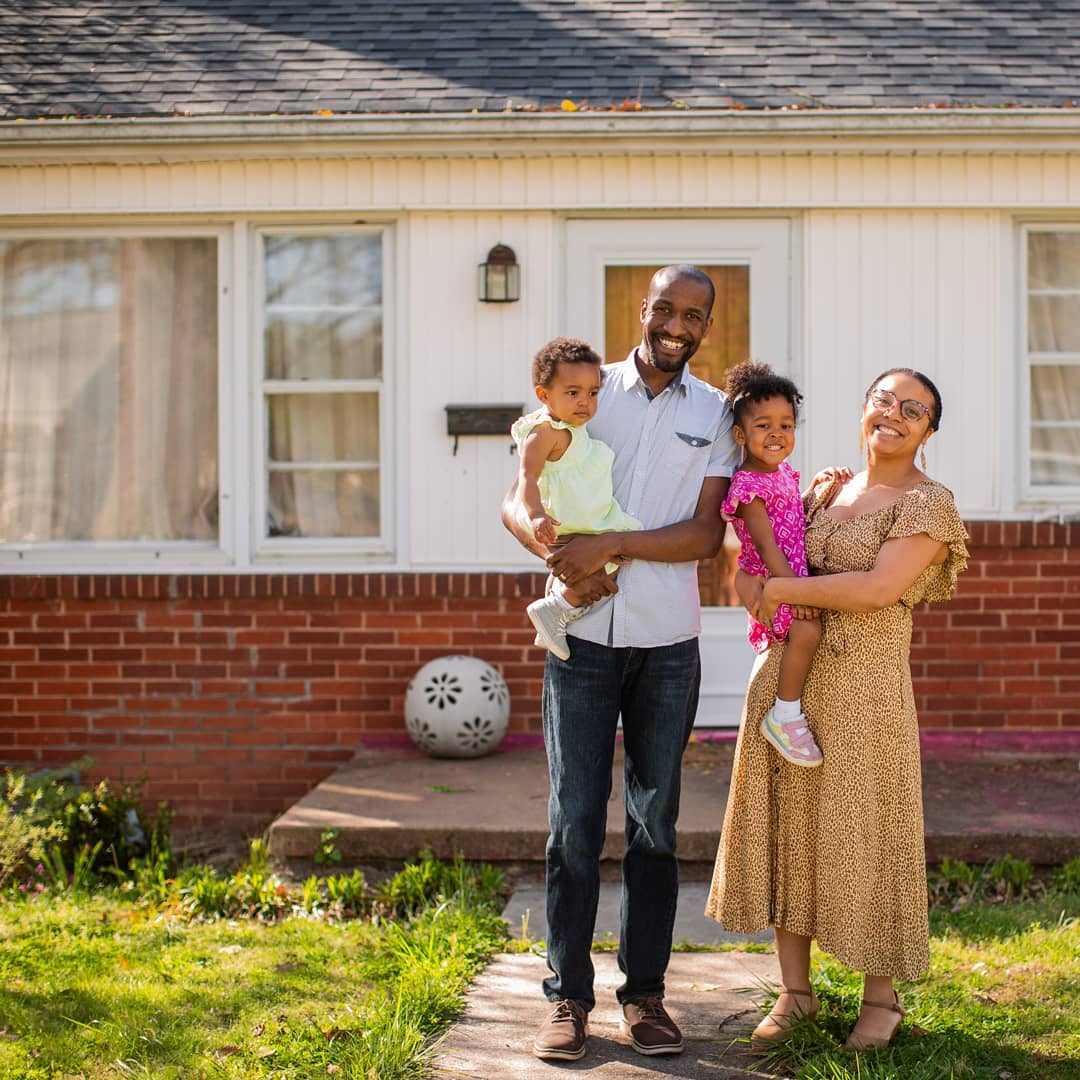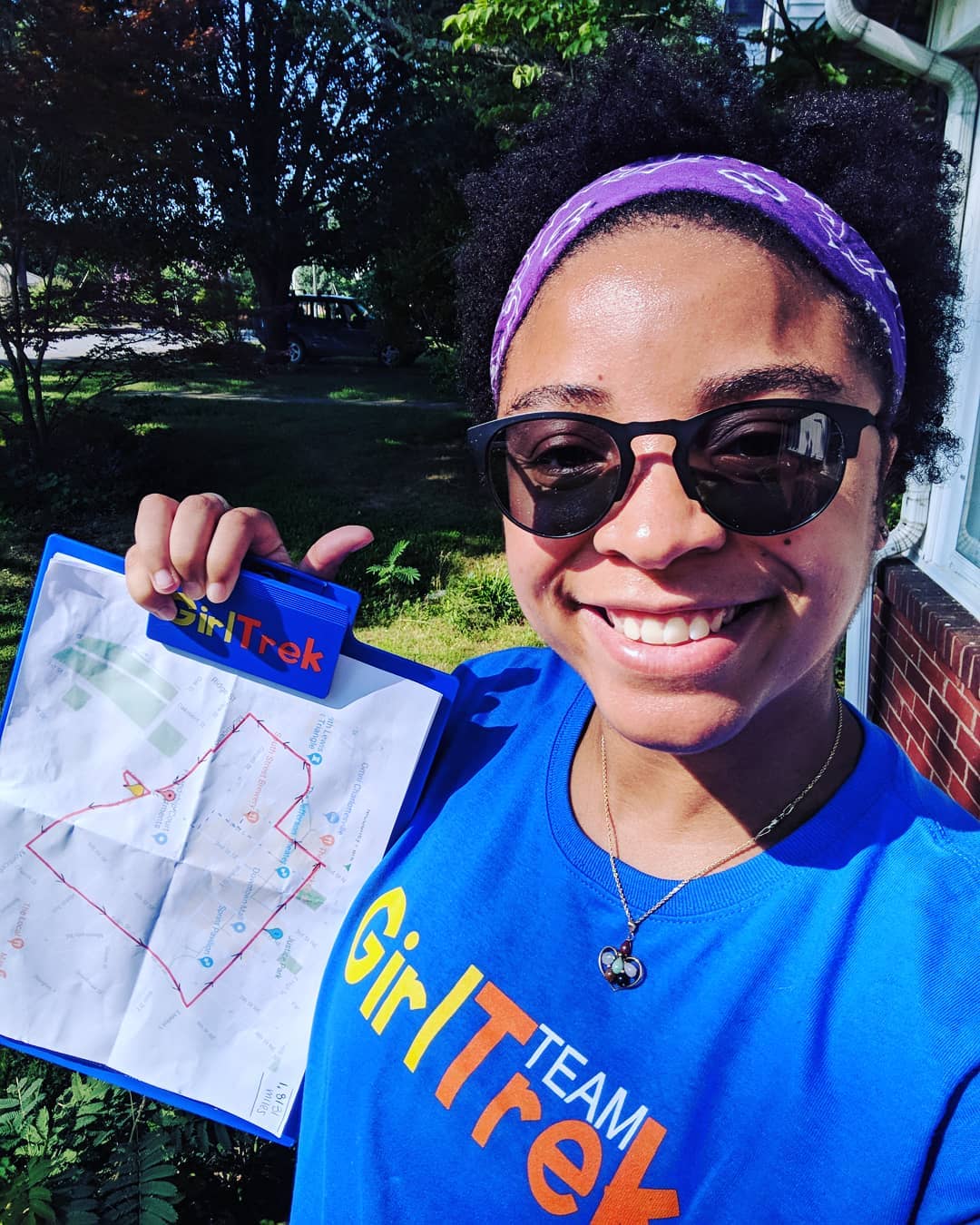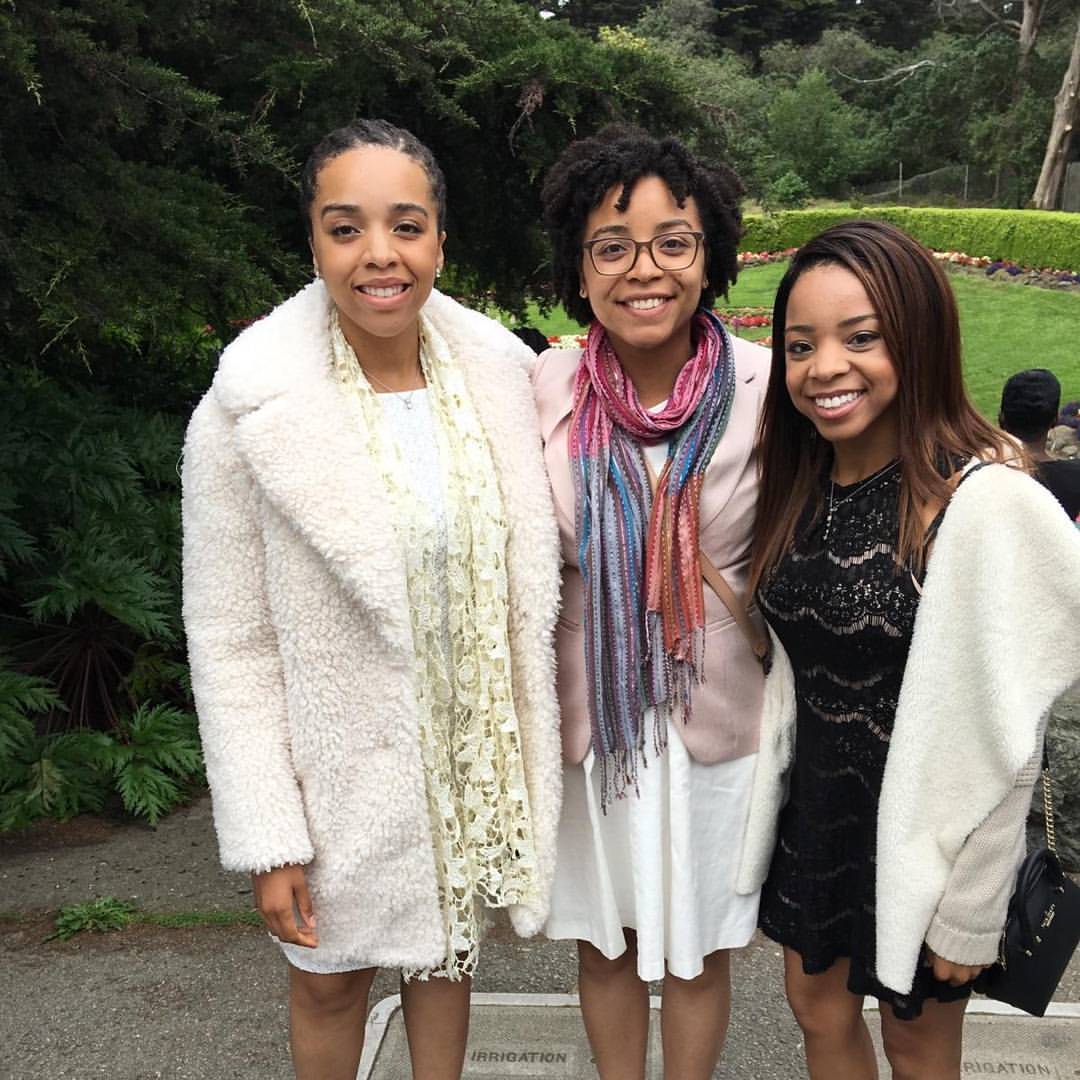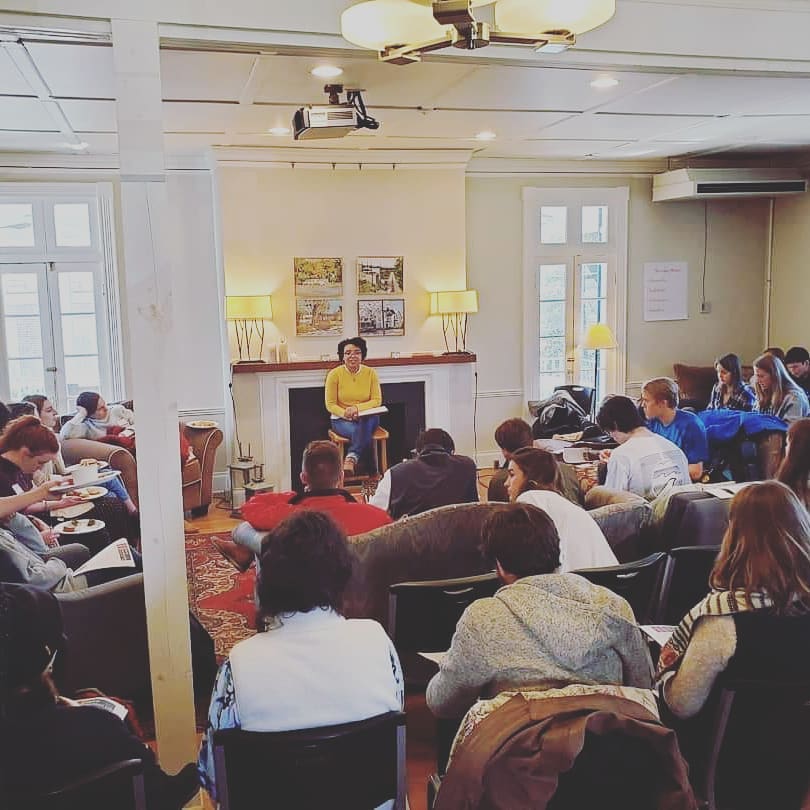We were lucky to catch up with Diamond Walton recently and have shared our conversation below.
Diamond, thanks for taking the time to share your stories with us today How did you come up with the idea for your business?
As a returned U.S. Peace Corps volunteer, public health educator, and grantmaker I have witnessed first-hand the importance of creating safe, healthy environments where community members can be successful and thrive. For the past ten years I had pursued community-based solutions to public health problems. My work involved coalition building, strategic planning, community needs assessments, program development and evaluation, and grantmaking. What drew me to this work was the opportunity to provide low-cost solutions that advanced racial justice and improved the health of whole communities. Working alongside various community partners, I identified and examined how a number of social determinants such as transportation, built environment, access to health care, and socioeconomic status affect health outcomes.
Over time I began to recognize how closely these social determinants were linked to the presence or lack of financial investments in communities, especially in Black communities. In 2018 I started a financial coaching company called Elpida Social Capital LLC for families who found traditional financial planners unaffordable and inaccessible. After running the company for a couple of years I realized that even if I helped families create a budget and work on their cashflow management they just didn’t have enough financial resources to cover their needs. During the pandemic this problem grew and I could see it playing out in the news all across the country. I felt like I needed to do more so I launched the Black Student Debt Freedom Fund and raised $25,000 from anonymous donors to help pay down the student loan debt for two of my financial coaching clients. It was an incredible experience! I spent some time reflecting on the fact that people would give money to someone they didn’t know because the didn’t want them to experience financial hardship due to the challenge of paying off debt. I then started thinking about ways to scale this work and that is were the idea of Jubilant Money came from.
I launched Jubilant Money because currently there is no approach to closing the racial wealth gap that centers debt elimination and direct asset transfers to Black households. Nor is there an approach that centers generational wealth transfer as the foundation for wealth accumulation and thus essential to closing the racial wealth gap.
According to the U.S. Federal Reserve Bank in 2022 the median net worth of a White household in the U.S. was 6 times that of Black households.
The key contributing factors to the racial wealth gap are the inability of Black households to grow wealth generationally, due the way our current economic system has exploited and extracted wealth from them, beginning with chattel slavery. As a result, Black folks are unable to pass down wealth to their families or their communities, so each generation is left to start the wealth building process all over again. In contrast, many white families in the US have not been subject to the exploitative nature of our economic system and are often the primary beneficiaries of the wealth created. This is how the wealth gap grows, but there is an opportunity to shift the momentum and redefine who is worthy of good gifts, and that is what Jubilant Money hopes to achieve.
Jubilant Money’s vision is a future free of wealth inequality and full of Black liberation. We are convinced that personal finance can be a catalyst for joy, and we aim to demonstrate how finance can forsake a legacy of extraction and exploitation and foster freedom and community. Jubilant Money is working to radically redefine generosity by modeling a new approach to gift giving and expanding the notion of who is worthy of good gifts. We are committed to celebrating Black households as they achieve their financial goals, become debt-free, grow wealth for their families, and contribute generously to the thriving of their communities.
The ultimate goal is to raise the median net worth of Black households in the U.S. to match that of White households and thus close the racial wealth gap in the U.S.

Diamond, love having you share your insights with us. Before we ask you more questions, maybe you can take a moment to introduce yourself to our readers who might have missed our earlier conversations?
I’m the Founder of Jubilant Money a philanthropic consulting firm that facilitates anonymous gift transfers to help close the Black-White racial wealth gap in the U.S. My work sits at the intersection of philanthropy and economic justice. After a decade in the public health field, collaborating with community members to address health disparities, I transitioned into the philanthropy sector. I have since worked with community, private, and family foundations to direct millions of dollars in grant funding to non-profit organizations around the globe.
At Jubilant Money I serve as the Chief Gift Giver facilitating anonymous gift transfers, advising families and institutions as they direct anonymous gifts toward closing the Black-White racial wealth gap in the U.S., and researching how income and wealth function as social determinants of health. I am is an award winning social entrepreneur who received the 2022 PayPal Maggie Lena Walker Emerging Leader Award for her work with the Black Student Debt Freedom (BSDF) Fund, where she helped pay off thousands of dollars in Black student loan debt.
In 2023 I founded Jubilant Money which facilitates anonymous gift transfers to help close the Black-White racial wealth gap in the U.S. through…
1.) “Jubilant Circle” is Jubilant Money’s anonymous wealth transfer platform designed to close the racial wealth gap in the U.S. by addressing both sides of the net worth equation through: crowdfunded debt payoff and facilitating asset transfers.
2.) Jubilant Money offers strategy and consulting services for individuals, families, and institutions as they direct anonymous gifts toward closing the Black-White racial wealth gap in the U.S.
3.) Jubilant Money conducts research on how the racial wealth gap functions as a social determinant of health to examine how improving financial wellness reduces racial health disparities.
We completed our pilot in 2024, and now are beta testing our products and services with plans to integrate learnings and prepare for a launch to the broader public in early 2026.

Let’s talk about resilience next – do you have a story you can share with us?
As a Black woman I have experienced the challenges of navigating America’s inequitable economic system first hand, especially coming from a family that did not have generational wealth due to the wealth stripping they have experienced over generations in this country. A vivid example of this occurred just over one hundred years ago when my great great grandmother, Mary E. Jones Parrish, fled north Tulsa’s Greenwood district with her young daughter as a violent mob of white men and women burned her community to the ground in the Tulsa Race Massacre of 1921. Mary wrote a book detailing hers and other survivors’ experiences called, “The Nation Must Awake: My Witness to the Tulsa Race Massacre of 1921,” where she was one of the first to coin the term Negro Wall Street (or Black Wall Street) in fond memory and reference to Greenwood prior to the massacre. According to the Brookings Institution, “Greenwood residents would go on to file over $1.8 million dollars in damage claims; in today’s dollars, this would be over $27 million.”
We need a mechanism that will continuously redistribute wealth back into Black communities, not with violence or theft, but with intentionality and great care. I believe Jubilant Money can do just that, and I’m deeply committed to its success.

Can you open up about how you funded your business?
Initially I was funding my financial coaching business and Jubilant Money with small contributions from my paycheck from my full time job. But I was planning for many years to transition out of my full time job and work for myself. However, there were several things I needed to get in order to be able to so. The first was that we had young children in daycare and child care is very expensive. I also was a few years away from qualifying for the Public Student Loan Forgiveness program. So once the kids were both in elementary school and I completed 10 years of working in the non-profit sector my husband and I started planning my exit strategy. We had a rental home and around the time I was preparing to transition out of my full time role the tenants offered to purchase our rental home from us. We took them up on the offer and then used the proceeds of the sale to fully fund our emergency savings account and pay off our cars. That left us with just our mortgage payment. Once I put in my notice to my job I used a portion of the severance payment as seed funding for the company and the remainder to cover health insurance for the next year as well as our daughters’ summer camp. Currently, my husband is graciously supporting our family with his income as I build the company.
Contact Info:
- Website: https://www.jubilant.money/
- Linkedin: https://www.linkedin.com/in/diamondwalton/



